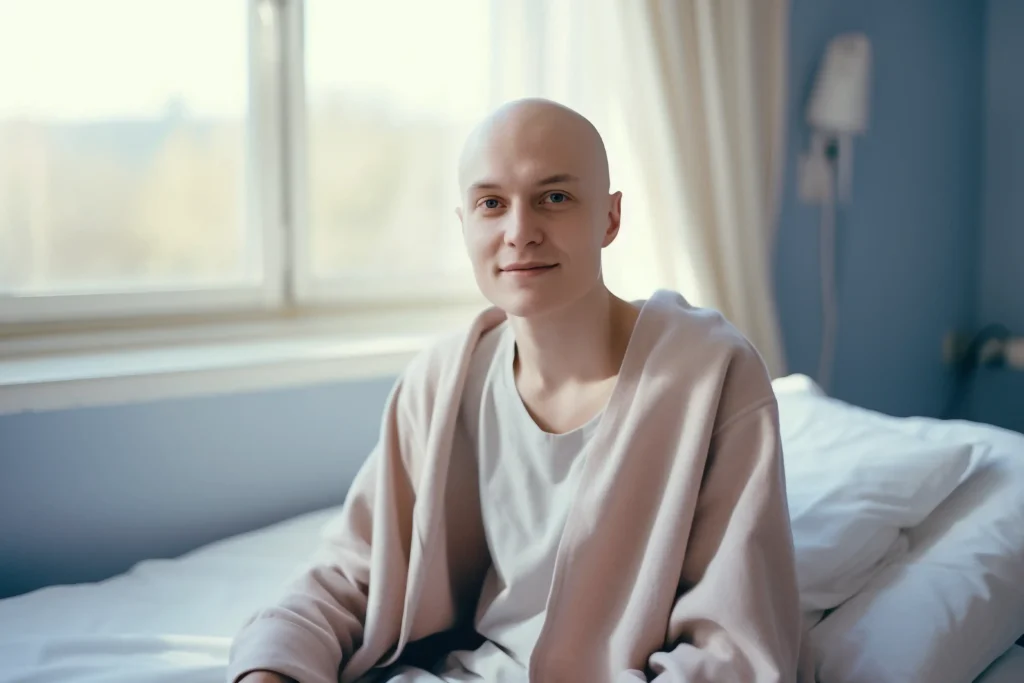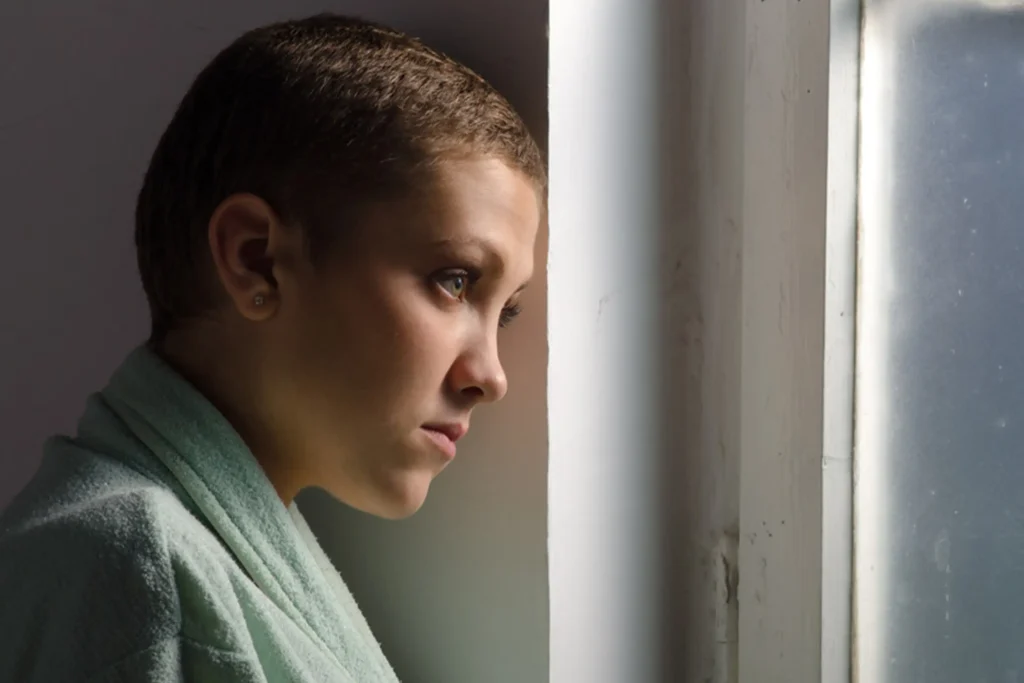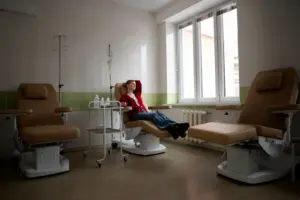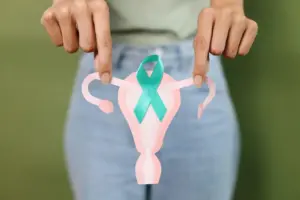
Cancer is often viewed as a disease of older adults, but recent trends reveal a troubling rise in cancer diagnoses among young adults. This demographic—typically defined as those aged 15 to 39—is facing increasing incidence rates and unique challenges that set their cancer journey apart from both younger and older adult populations.
A Growing Trend
While overall cancer rates have declined in older adults, young adults are experiencing the opposite. According to recent data, they are the only age group with a consistent increase in overall cancer incidence since the mid-1990s, rising by 1% to 2% each year.
Also Read | Childhood cancer survivors face higher risk of severe COVID-19: Study
Notably, cancers such as colorectal, breast, pancreatic, kidney, and uterine are on the rise in this group. Colorectal cancer, for example, has become the leading cause of cancer death in men under 50 and the second leading cause in women of the same age bracket.
Alarmingly, younger patients often present with more aggressive disease and at later stages, complicating treatment and prognosis.

Unique Challenges for Young Adults Suffering from Cancer
Young adults with cancer face a distinct set of hurdles:
- Delayed Diagnosis: Symptoms are often overlooked or attributed to less serious conditions, leading to later-stage diagnoses and more advanced disease at presentation.
- Treatment Gaps: Young adults may fall between paediatric and adult oncology care, with few specialists focusing on their age group. This can lead to uncertainty about the best treatment approach and feelings of isolation in healthcare settings dominated by much older or younger patients.
- Psychosocial Impact: Cancer disrupts a critical period of life marked by independence, career building, relationships, and family planning. Young adults may struggle with issues related to fertility, body image, financial stability, and mental health.
- Support Needs: The emotional and social toll can be profound, making peer support and age-appropriate resources essential. Fortunately, organisations have emerged to connect young adults with others facing similar challenges and provide tailored guidance and community.
Also Read | Air pollution linked to cancer-causing DNA mutations in non-smokers
Addressing the Crisis
Prevention and early detection are key. Increasing awareness among healthcare providers and the public about cancer risks in young adults can help reduce diagnostic delays. Expanded access to screening for high-risk cancers, such as colorectal and cervical, and promoting healthy lifestyle choices can also play a role. Importantly, research and support services must continue to adapt, while recognising the unique needs of this age group.
Cancer in young adults is a growing concern that demands attention. The increase in cases, combined with the unique medical and psychosocial challenges faced by this group, underscores the need for improved awareness, specialised care, and robust support networks. By addressing these issues, we can offer young adults with cancer a better chance at survival and a better quality of life throughout their journey








